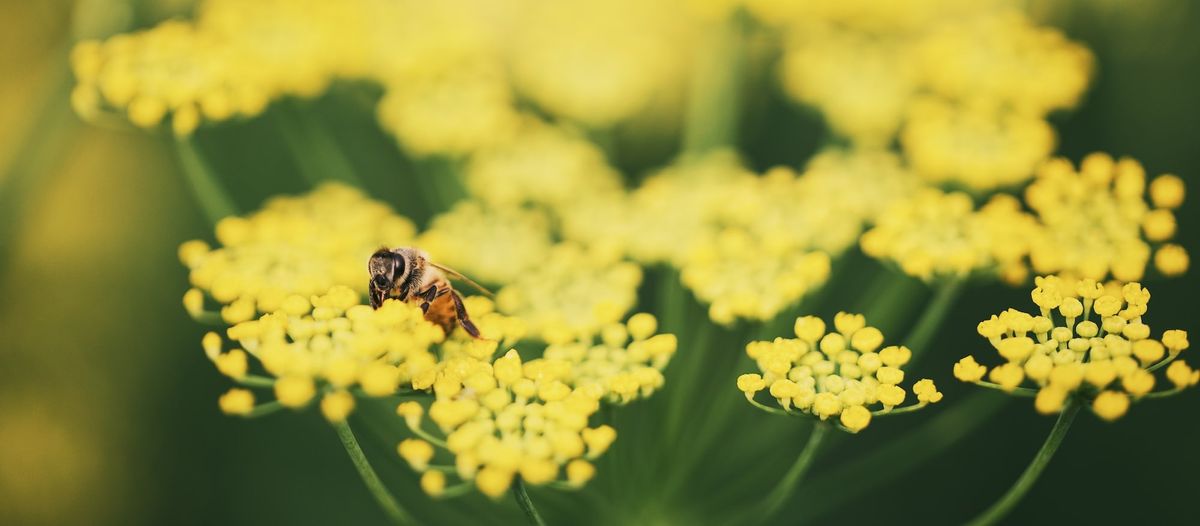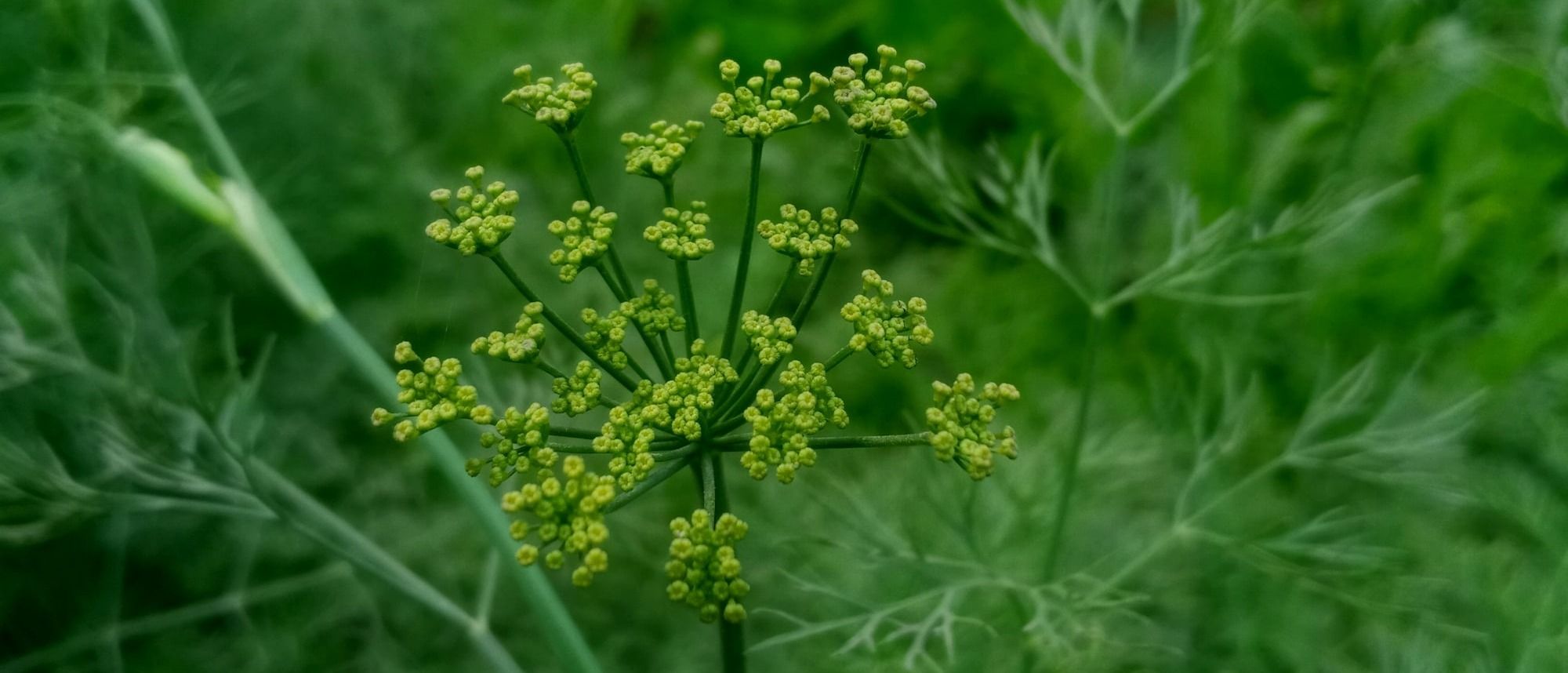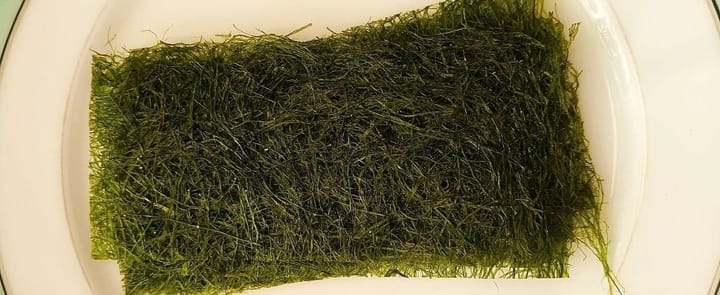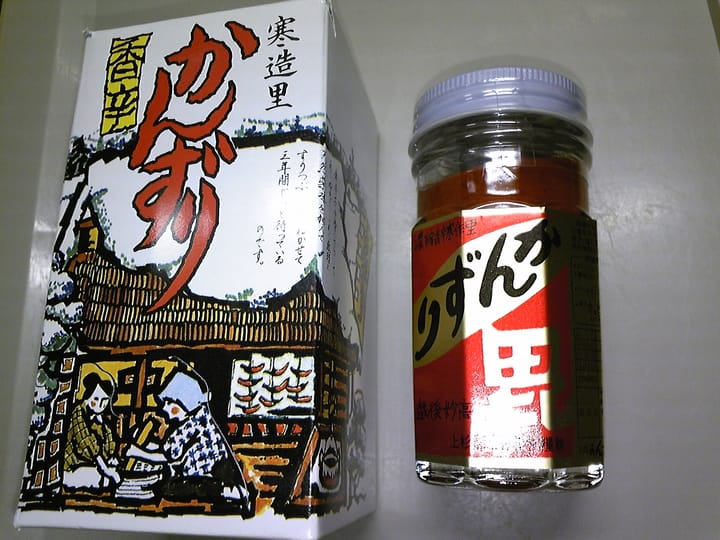Here's Why Fennel Pollen is the 'Gold of Spices' with a Premium Price
Explore the reasons behind fennel pollen's premium price, from its labor-intensive collection from wild fennel to its sparse yield and short harvesting season.

Often, chefs whisper about a "magic ingredient" that elevates a dish, and with fennel pollen, the lore holds true.
Introduced to the American culinary landscape from Italy in the 1990s, fennel pollen has piqued the curiosity of countless diners, leading them to ask, "What's that distinct flavor?"
Often hailed as the "culinary magic dust," fennel pollen enriches dishes, from savory pork and steak to velvety ice cream. Additionally, it ranks as one of the world's most expensive spices, trailing only behind saffron.
What is Fennel Pollen?
Fennel pollen is harvested from the flowers of the yellow blossoms of wild fennel plants. It's a tiny, golden-yellow powder that's incredibly fragrant and packs a powerful flavor punch.
Though the fennel plant itself is known for its crunchy bulb and feathery fronds, its pollen is a delicacy that is sought after by culinary enthusiasts.
Dried Fennel Pollen can be procured all year, while the fresh variant is collected during the summer months.
History and Origin
Fennel, Foeniculum vulgare, has roots (literally and figuratively) in the Mediterranean region.
It's been used for millennia for its medicinal and culinary properties. Ancient Romans believed fennel could ward off evil spirits and they used it for various culinary dishes.
While the entire plant, from its bulb to its seeds, has been employed in cooking, the use of its pollen as a gourmet ingredient is a relatively modern trend, particularly popularized in Italian and Mediterranean cuisines.
Today, fennel pollen is sourced from wild stands in California and Tuscany, gathered by both dedicated foragers and specialized suppliers.
While it's a rarity in mainstream stores, this distinctive spice graces the shelves of niche spice boutiques, specialty outlets, and farmers' markets in fennel-rich regions.
How Much Is Fennel Pollen?
A pound of fresh fennel pollen is priced at $500.
Why is Fennel Pollen So Expensive?
Harvesting Complexity
Collecting fennel pollen is delicate work. It's often sourced from wild fennel, as domesticated varieties yield less pollen.
The meticulous process involves handpicking pollen from each flower during optimal times to preserve its flavor. Despite this effort, the very low yield means that a single flower produces merely about a quarter teaspoon of pollen.
Culinary Distinctions
While the harvesting process might seem simple—shaking flowers for fresh pollen or collecting flowers to dry them—the flavor of fresh pollen truly shines.
It exudes a vibrant sweetness with citrus undertones, coupled with deep notes reminiscent of saffron and pepper. Given its labor-intensive collection and unmatched taste, fennel pollen is undeniably a luxury in the culinary sphere.
Limited Seasonality
The fresh pollen is harvested during the summer months.
Perishability
Fresh pollen has a constrained shelf life, necessitating delicate and immediate distribution.
Geographical Significance
Tuscany, Italy, is the epicenter for high-quality fennel pollen. Though wild fennel is ubiquitous across the West Coast of the U.S., its quality doesn't rival Tuscan fennel pollen, cherished and cultivated in Italy for decades.

Flavor Profile
Fennel pollen carries the characteristic licorice flavor of fennel but intensified. It's sweet, slightly woody, and floral, with hints of anise and citrus.
It can elevate dishes with its complex bouquet of flavors, adding a mysterious depth that leaves diners curious and enchanted.
Culinary Uses of Fennel Pollen
For Meats: Its sweet and earthy essence makes it a delightful seasoning for meats, especially pork dishes like porchetta and roasted chicken.
Pairing fennel pollen with Mediterranean staples like oregano, dried chili flakes, salt, and pepper creates a flavorful meat rub that's hard to resist.
Grains and Legumes Boost: Elevate the taste profile of grains and legumes, from chickpeas and bulgar wheat to couscous, by sprinkling in some fennel pollen. It introduces an earthy dimension to these plant-based meals.
Italian Dishes: Robust Italian classics, including arrabbiata and puttanesca, benefit from a dash of fennel pollen. Its subtle aniseed hint enhances pasta and pizza flavors.
In Soups and Dressings: Fennel pollen seamlessly blends into soups and salad dressings, offering an added layer of earthy depth that enriches the overall taste without overpowering.
Fennel Pollen vs. Fennel Seed
Originating from the same fennel plant, these two ingredients distinctly differ in their essence and application. Fennel seeds are the dried seeds of the plant, offering a licorice-like flavor and are a common fixture in global cuisines.
In contrast, fennel pollen is harvested from the plant's tiny flowers, presenting a more intense and luxurious flavor profile.
While crushed fennel seed can stand in as a substitute for fennel pollen when needed, it doesn't quite match the potency of the pollen. Yet, this comes with an advantage: fennel seeds are far more economical than their pollen counterpart
Health Benefit of Taking Fennel Pollen
Pollen, as noted by Healthline, is associated with benefits like enhanced immunity, improved liver function, and antioxidant properties.
Naturally rich in vitamin C and fiber, fennel seeds have traditionally been used for digestive relief, as mentioned by Pollen Ranch.
Though fennel pollen doesn't hold pronounced nutritional perks, it's free from health drawbacks. Being gluten-free and vegan, it's an adaptable flavor enhancer for diverse dietary needs.
Interesting Facts
- Gourmet's Magic Dust: Due to its transformative properties when added to dishes, fennel pollen is often referred to as "The Spice of Angels" or a "Gourmet's Magic Dust."
- Medicinal Uses: Beyond its culinary application, fennel has been used in traditional medicine for various ailments, from digestive troubles to menstrual discomfort. The pollen inherits some of these beneficial properties.
- Versatility: While it's a star in Italian dishes like pasta, fennel pollen is versatile. It can be sprinkled on roasted meats, infused in olive oils, or even added to desserts for a unique twist.
- Limited Availability: Some gourmet shops and online retailers carry fennel pollen, but due to its high cost and niche appeal, it remains a treasure for those truly passionate about culinary arts.
Summary
For a gourmet and critique like you, indulging in dishes graced with fennel pollen is nothing short of transcendent.
This luxurious ingredient, steeped in history and boasting an unmatched flavor, embodies the zenith of fine dining. Once you've savored its unique allure, ordinary flavors will never quite satisfy again.


